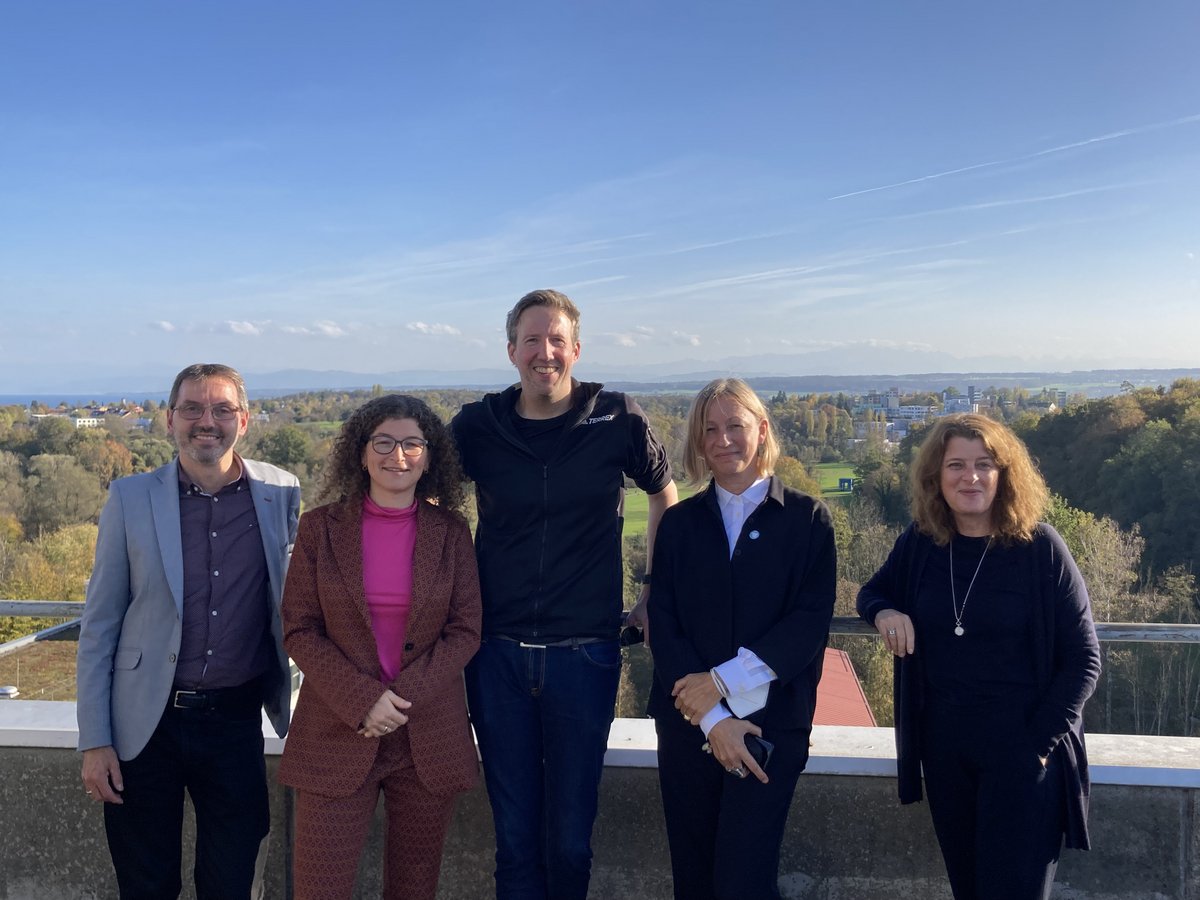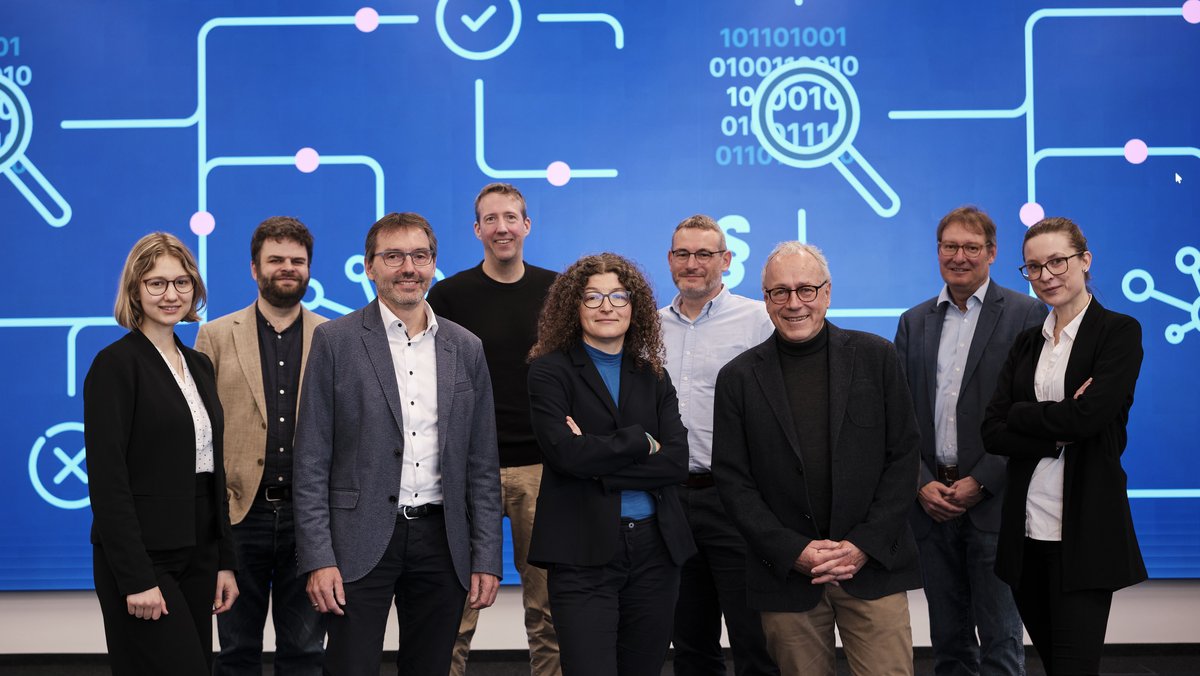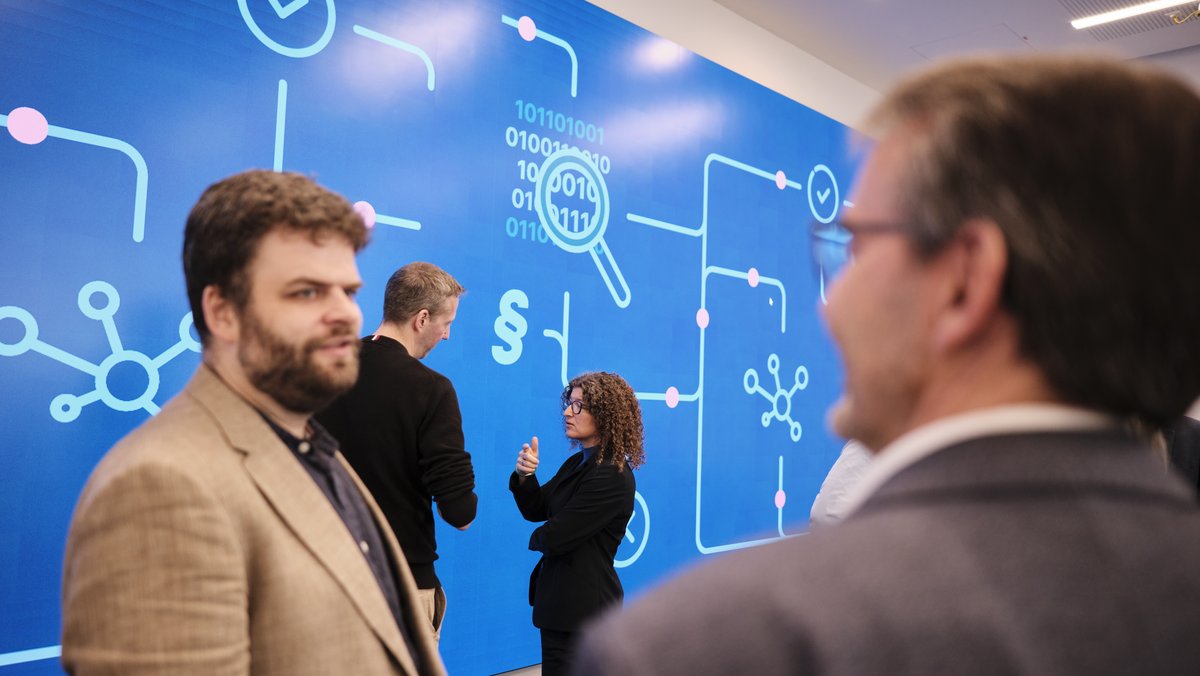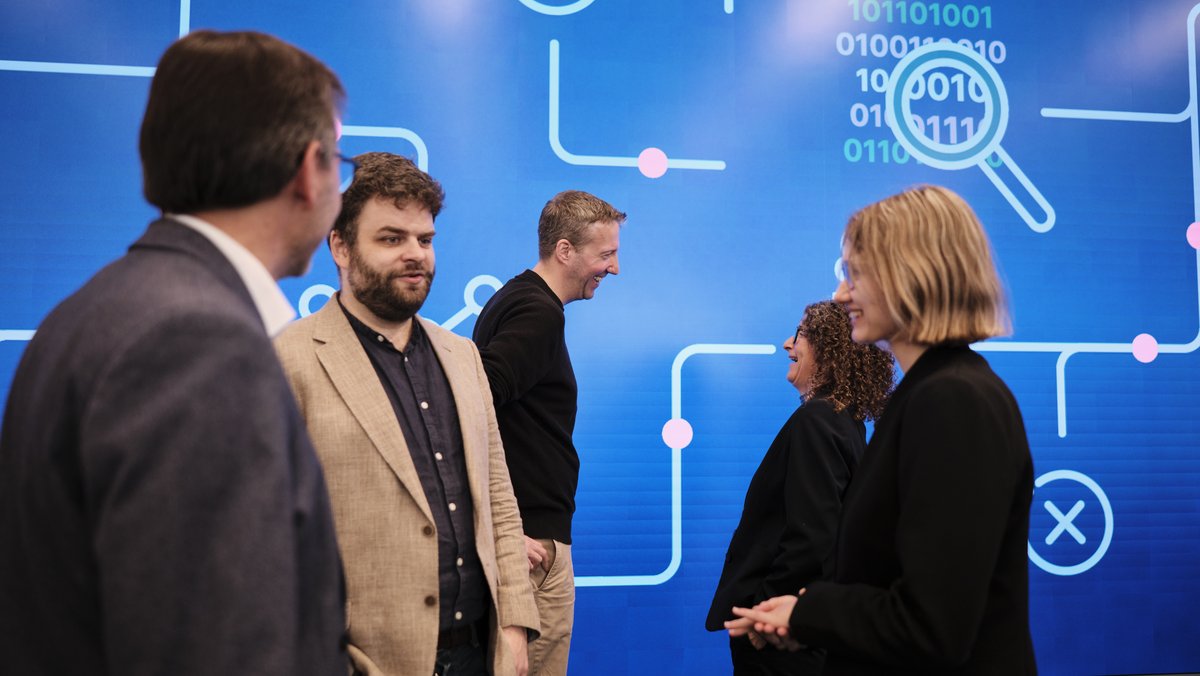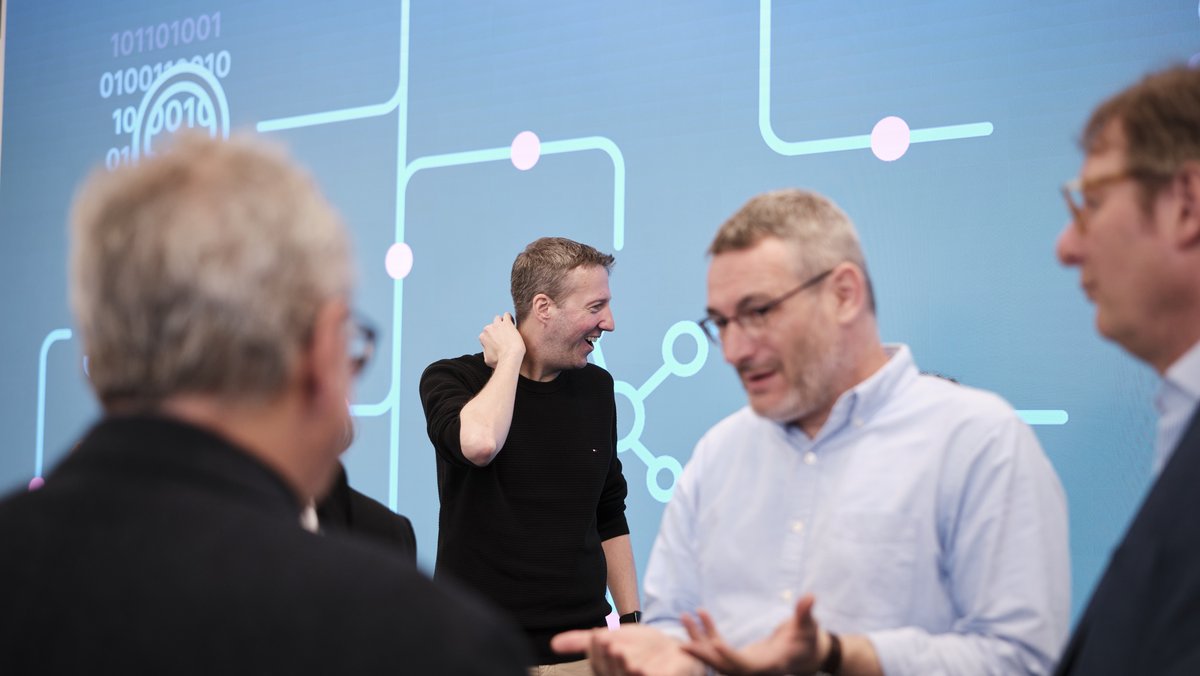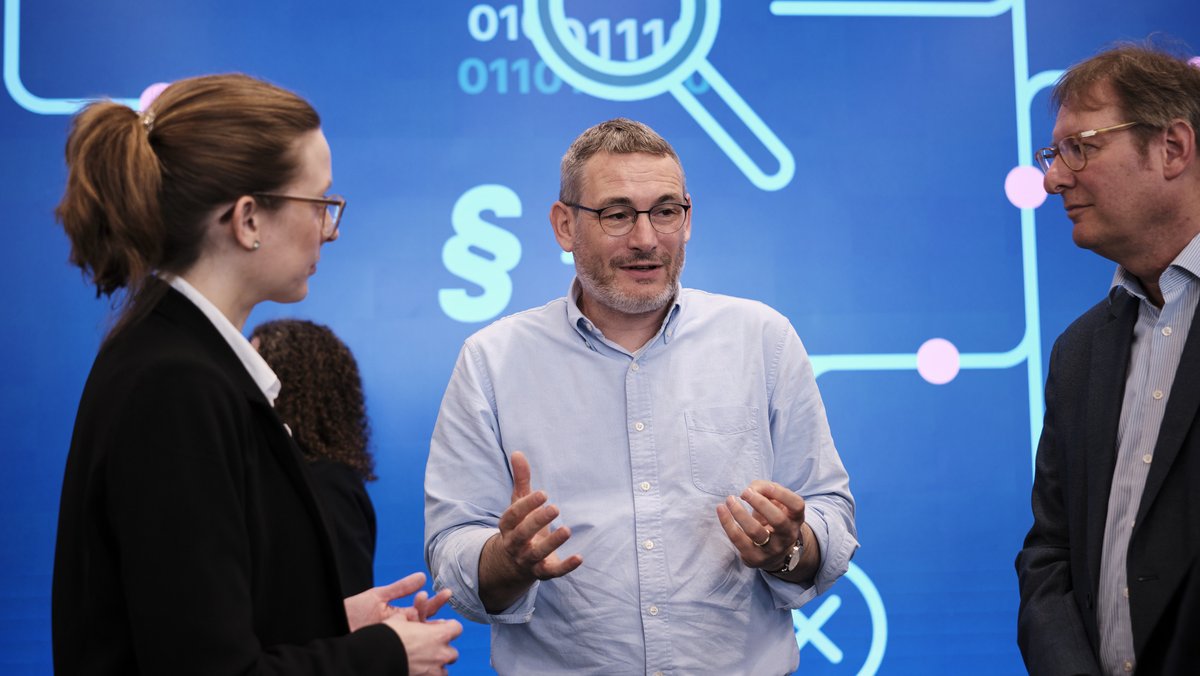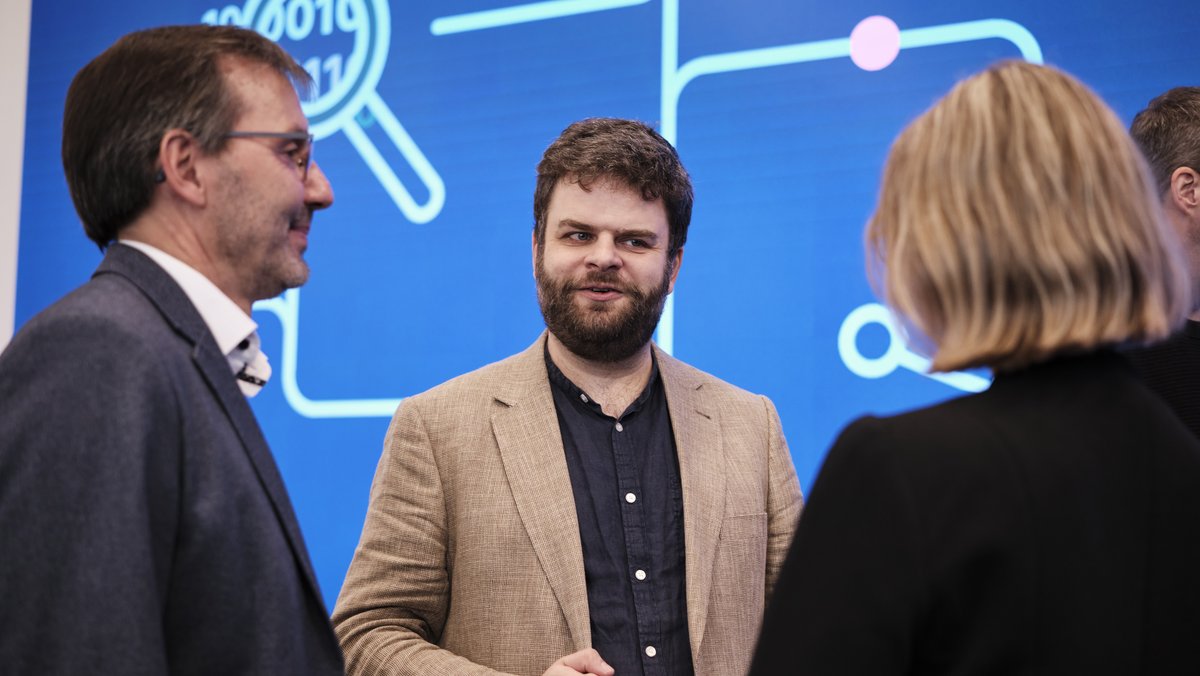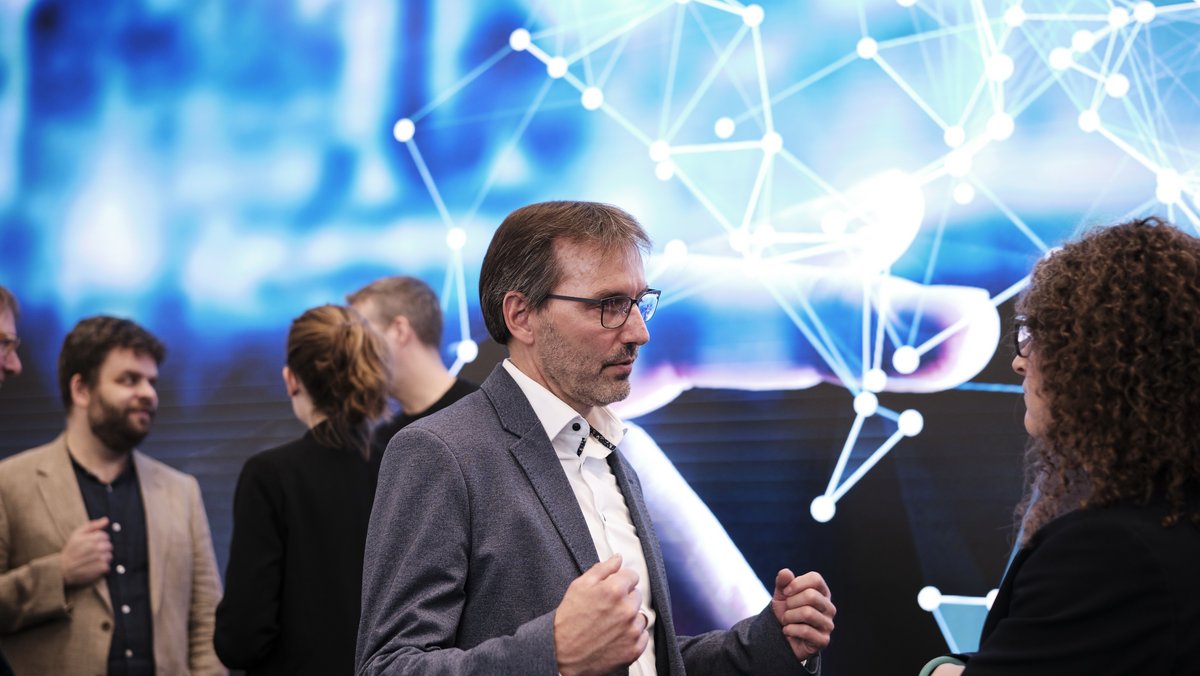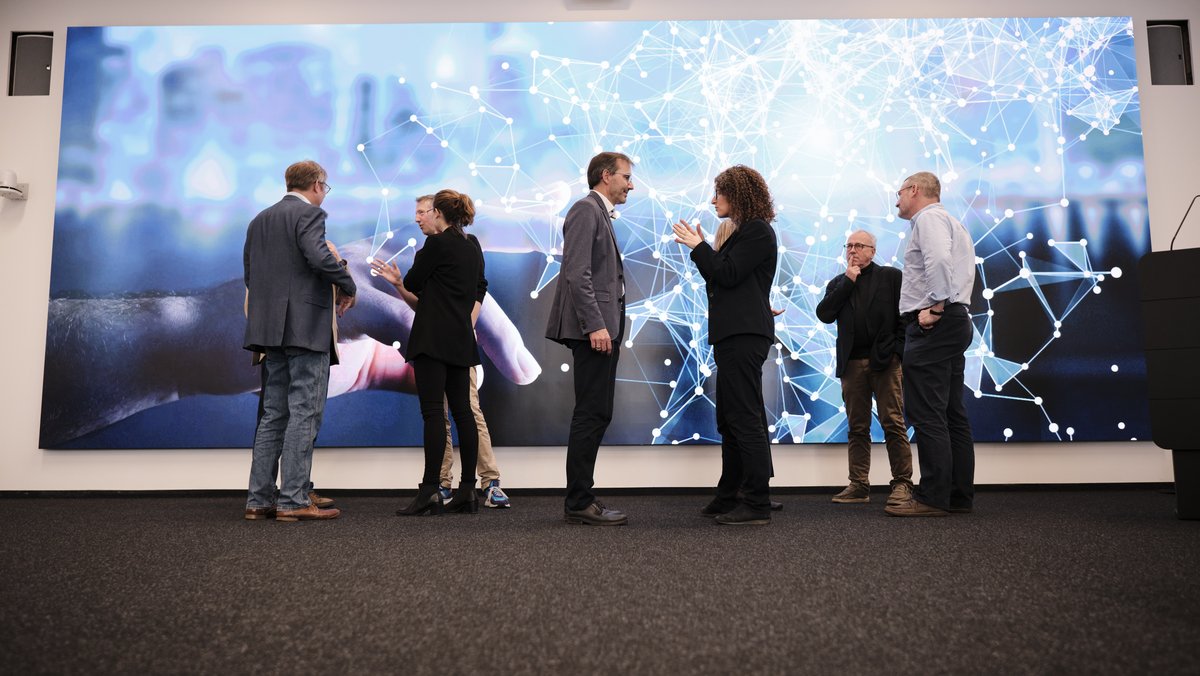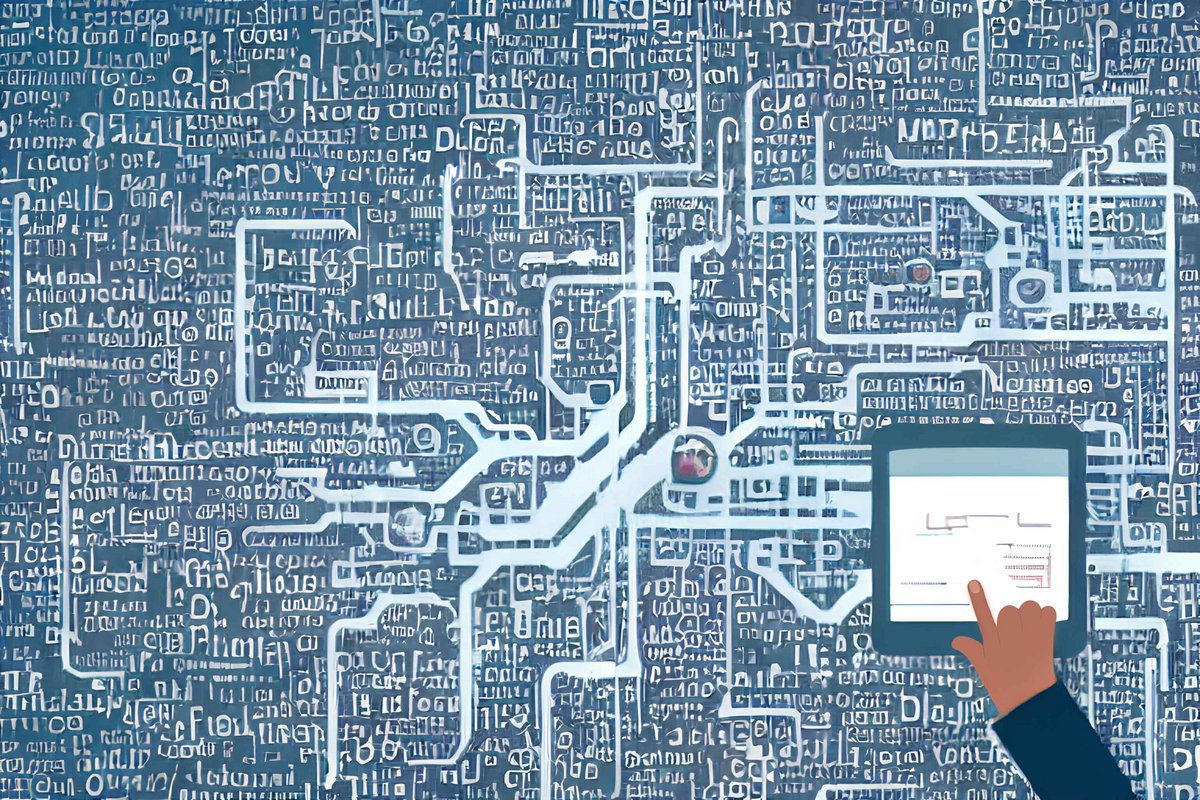
About the Centre for Human | Data | Society
Our world has undergone a paradigm shift. Digitalization has changed more than just how we store our data: it has shifted the way we communicate, distribute and access knowledge, advance ourselves and follow our interests. The impact of digitalization and datafication is manifold and substantially affects social system(s) and individuals alike. This is visible everywhere – from foundational structures of the Social (e.g., democratic discourse, surveillance and risk prevention, public and social life) to seemingly mundane practices of everyday life (e.g., health apps). To a large extent, this impact is beyond the control of the individual. Social Media, for example, has an enormous influence on people’s lives – whether they use them or not: Hate speech and fake news might occur in the digital sphere but the influences on people’s behavior and the impact on the targeted person are measurable in reality. In order to gain meaningful influence over societal developments and to employ the vast economic, societal and scientific potential of our data-driven world to the well-being of humans and humankind, we need to acquire a broader understanding of data and datafication, knowledge production and sense-making with, by and for humans and society. This requires better insight into the mechanisms of how digitalization and datafication work and how they connect and affect society and individuals. It is, by nature, a transdisciplinary task.
The Centre for Human | Data | Society is addressing this need for transdisciplinarity all the way through from abstract concepts and theories to concrete problems. Our transdisciplinary research identifies problems both on an abstract-conceptual and on a practical level and we are developing transdisciplinary sound explanations to understand and solve them. Long-standing concepts of agency, autonomy and accountability need to be critically reflected on and possibly recalibrated; disciplinary seemingly sound approaches and answers need to be scrutinized transdisciplinary. At the Centre for Human | Data | Society, we are employing a reflexive transdisciplinary bottom-up approach in order to avoid the risk of being unaware of dynamics and issues that do not fit theses and patterns. The collaborative efforts of researchers from the fields of behavioral research, cultural research, and computational research generate unique insight into the manifold and complex interrelations between humans, data and society. Focusing on human values and needs, we want to (re-)empower individuals to (re-)gain meaningful influence and to (re-)calibrate structures towards human welfare and well-being that balance the interests of the involved stakeholders.

